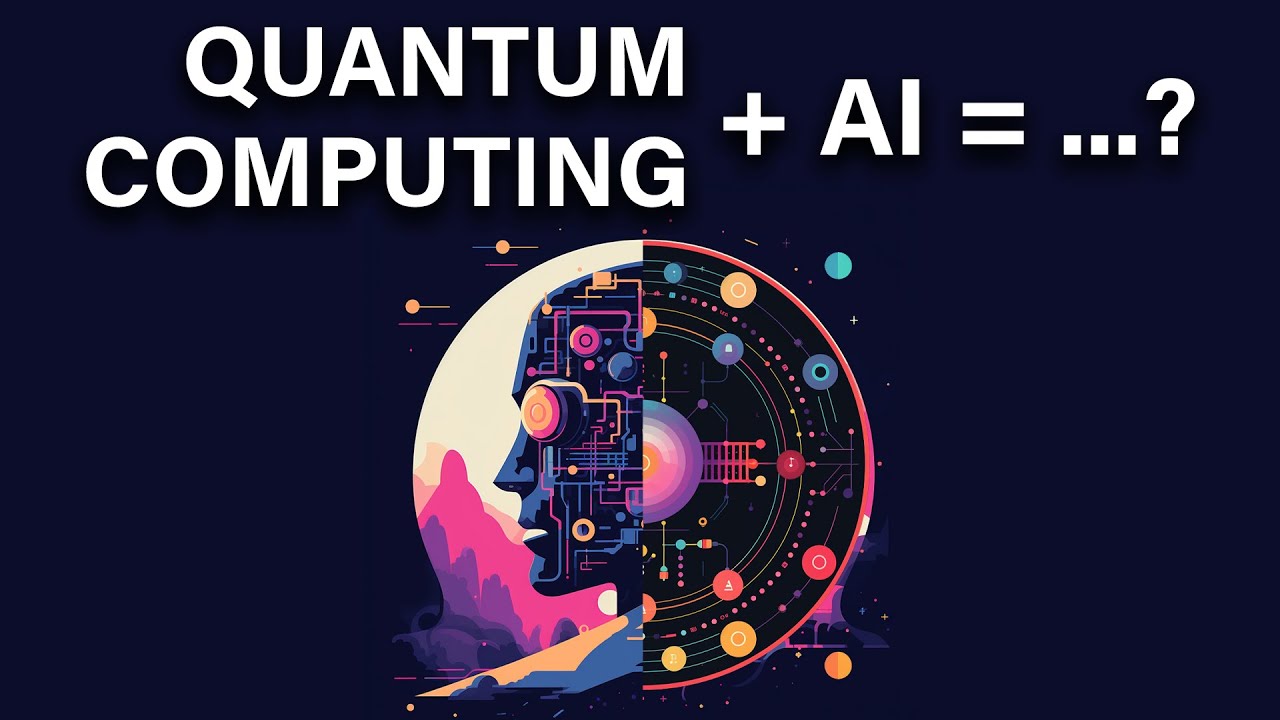Integrating Quantum Computing with AI: The Next Frontier
 Ayusharpcoder
Ayusharpcoder
1. Introduction
The fusion of Quantum Computing and Artificial Intelligence (AI) is set to revolutionize the way we process and analyze information. While AI has already transformed industries like healthcare, finance, and automation, the integration of quantum computing takes things to an entirely new level. Quantum AI has the potential to solve complex problems exponentially faster than classical AI models, making it the next frontier in technological advancements.
In this article, we will explore:
How quantum computing enhances AI capabilities
Key breakthroughs in Quantum AI
Real-world applications and challenges
The future of Quantum AI integration
2. Understanding Quantum Computing and AI
What is Quantum Computing?
Unlike classical computers that use binary bits (0s and 1s), quantum computers use qubits, which can exist in multiple states simultaneously due to a property called superposition. This allows quantum computers to perform massively parallel computations, enabling them to solve complex mathematical problems that traditional computers struggle with.
How AI Benefits from Quantum Computing
AI relies heavily on machine learning algorithms, which involve training neural networks and making predictions based on vast datasets. The biggest challenge? Time and computational power. Quantum computing can process and optimize AI models at speeds far beyond traditional computing, improving both accuracy and efficiency.
3. Key Breakthroughs in Quantum AI
Several companies and research institutions are actively working on Quantum AI solutions:
1. Google’s Quantum Supremacy
In 2019, Google claimed to achieve quantum supremacy by performing a calculation in 200 seconds that would take the world’s most powerful supercomputer 10,000 years to complete. This breakthrough indicated that quantum computing is viable for real-world applications, including AI.
2. IBM’s Quantum AI Initiatives
IBM has been at the forefront of Quantum AI research, developing frameworks like Qiskit, which enables AI developers to build quantum-powered machine learning models.
3. D-Wave’s Quantum Machine Learning (QML)
D-Wave has developed quantum annealers, which are particularly useful for AI optimization problems like training deep learning models or finding the best parameters for neural networks.
4. Real-World Applications of Quantum AI
1. Drug Discovery and Healthcare
Quantum AI can analyze complex molecular structures faster than any classical AI, leading to breakthroughs in drug development and personalized medicine.
2. Financial Modeling and Risk Assessment
Quantum computing can rapidly process market fluctuations and enhance AI-driven trading algorithms, fraud detection, and risk assessment.
3. Cybersecurity and Cryptography
Quantum AI can detect cyber threats and vulnerabilities in real-time, making systems more secure. However, it also poses challenges, as quantum computers can potentially break classical encryption methods.
4. Advanced Robotics and Autonomous Systems
Quantum AI will enable self-learning robots to process vast amounts of data faster, improving autonomous navigation, decision-making, and industrial automation.
5. Challenges in Quantum AI Integration
Despite its promise, Quantum AI faces several hurdles:
Hardware Limitations – Quantum computers are still in early development stages and require extreme conditions to operate.
Error Rates – Quantum computations are prone to decoherence, leading to errors in calculations.
High Costs – Building and maintaining quantum hardware is expensive.
Skill Gap – Very few developers and engineers specialize in Quantum AI, slowing its adoption.
6. The Future of Quantum AI
As quantum technology advances, we can expect:
More powerful quantum processors that can handle AI tasks more efficiently.
Hybrid computing models where classical and quantum systems work together.
Wider adoption in industries like finance, healthcare, and cybersecurity.
Leading tech giants such as Google, IBM, Microsoft, and startups like Rigetti Computing are pushing the boundaries of Quantum AI, making it one of the most exciting fields to watch.
7. Conclusion
The integration of Quantum Computing with AI represents a paradigm shift in computing power and problem-solving capabilities. While still in its infancy, Quantum AI has the potential to revolutionize industries, unlocking new possibilities in machine learning, optimization, and simulation.
However, several challenges must be overcome before Quantum AI becomes mainstream. As research continues and technology matures, the next decade will likely see groundbreaking developments in Quantum AI, transforming the way we develop AI models, process data, and solve complex problems.
Subscribe to my newsletter
Read articles from Ayusharpcoder directly inside your inbox. Subscribe to the newsletter, and don't miss out.
Written by

Ayusharpcoder
Ayusharpcoder
Ayush Kumar Vishwakarma | Web Developer | Tech Enthusiast I'm a passionate web developer skilled in HTML, CSS, JavaScript, ReactJS, and Next.js. Here, I share insights, tutorials, and hands-on projects to help others learn and grow in web development. Whether you're new to coding or an experienced dev. Let’s build, learn, and create together in the world of tech!